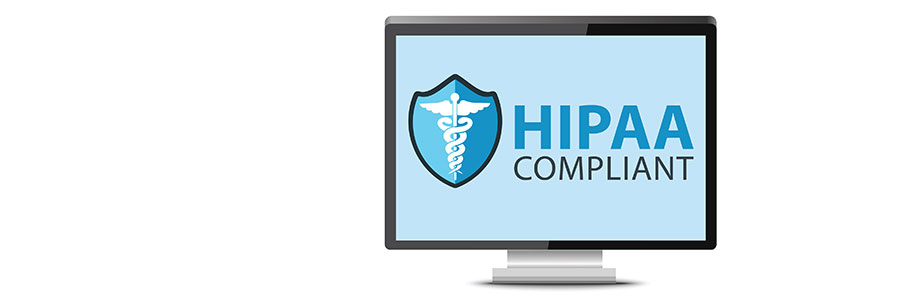It’s imperative for healthcare organizations and business associates to take every precaution when it comes to managing protected health information or PHI. Aside from having significant regulatory and compliance implications, failing to protect PHI can seriously affect clients and damage a business’s reputation.
Here’s how to make sure your business properly handles PHI
Protecting healthcare providers from insider threats
5 Best practices for securing PHI

Protected health information (PHI) includes personal, medical, and financial information, as well as other data created or used when a patient sought and received healthcare services. Due to the sensitive nature of PHI, it is highly valuable to hackers — and this is why your healthcare organization must do everything possible to protect any PHI data it handles.
Healthcare: Prevent insider threats

Healthcare is the only industry where insider threats pose the greatest threat to sensitive data, with 58 percent of security incidents coming from people working within the organization itself. Here’s a look at five ways to prevent such breaches.
#1 Educate - The workforce (meaning all healthcare employees) must be educated on allowable uses and disclosures of protected health information (PHI) and the risk associated with certain behaviors, patient privacy, and data security.

